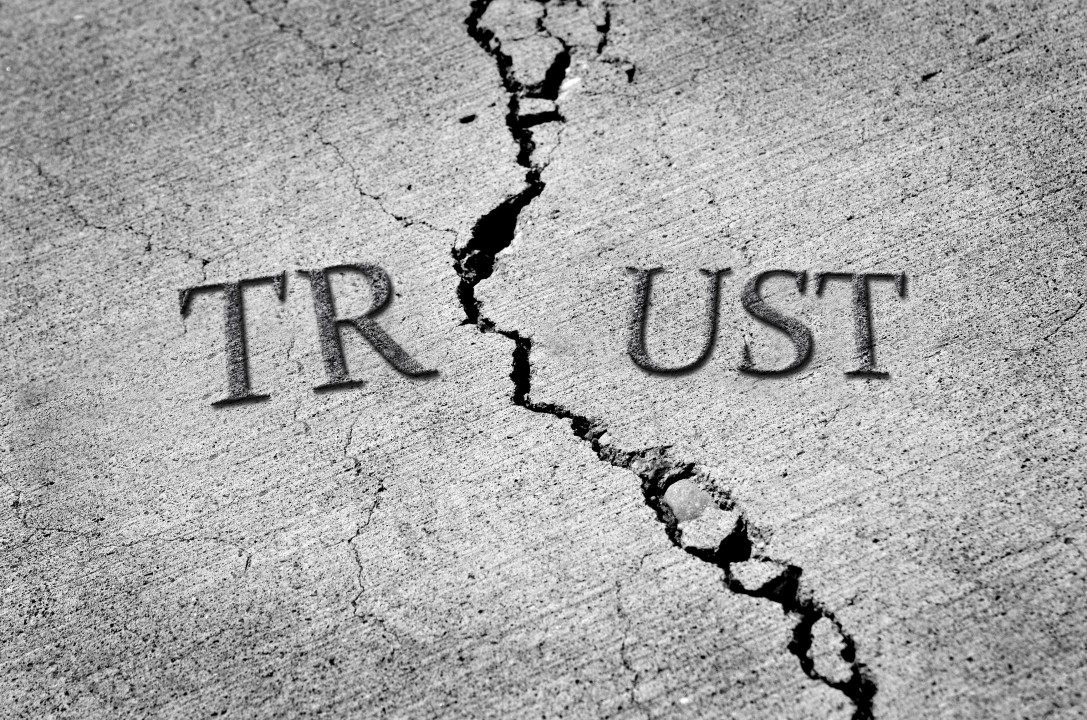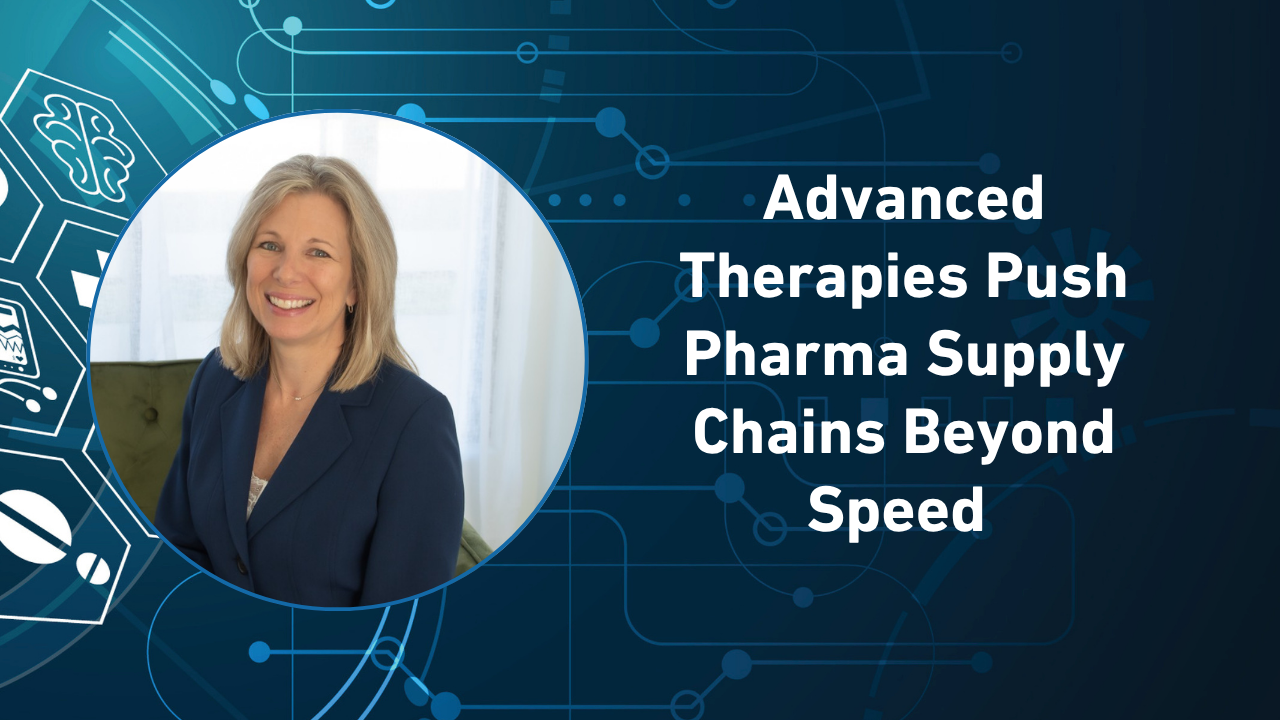For generations, public health agencies such as the CDC, FDA, and NIH have been regarded as the gold standard for reliable health information. If the government said it, most people trusted it. But in today’s fractured environment—where politics, misinformation, and corporate influence blur the lines—many Americans are asking a difficult question: Can health information from the government still be trusted? And if not, does that leave health seekers on their own to sort fact from fiction?
Eroding Trust in Public Health Institutions
The COVID-19 pandemic amplified what had been building for years: skepticism toward government health agencies. Shifting mask guidance, confusion over vaccine messaging, and contradictory statements undermined confidence. Add in political interference, pressure from lobbyists, and the influence of pharmaceutical and insurance companies, and what should be science-driven communication often feels muddied by external agendas.
Trust isn’t just about accuracy—it’s about consistency, transparency, and accountability. When people perceive that guidance changes not because of new evidence but because of politics, they begin to doubt the whole system.
The Rise of the Independent Health Seeker
As institutional trust declines, people are turning elsewhere for answers: online patient communities, influencers, independent researchers, and even foreign sources. Health seekers are learning to piece together their own picture—cross-checking medical studies, watching videos from frontline doctors, and reading personal experiences on forums.
This shift has pros and cons. On one hand, it empowers individuals to be active participants in their care rather than passive recipients. On the other hand, without medical training, it’s easy to misinterpret data, fall prey to cherry-picked statistics, or follow harmful advice from persuasive but unqualified voices.
The Double-Edged Sword of Online Information
The internet offers more access to health information than ever before—but also more noise. For every peer-reviewed study shared openly, there are a dozen misleading TikToks or clickbait headlines. Even well-meaning online communities can perpetuate misinformation by relying on anecdotal evidence.
In this new landscape, people aren’t just health seekers; they’re also fact-checkers, forced to become their own gatekeepers of truth. That responsibility can feel overwhelming, especially when the stakes involve serious illness, treatment decisions, or preventive care.
Where Do We Go from Here?
So, are health seekers completely on their own? Not entirely. The key lies in hybrid trust-building:
- Demanding transparency from government agencies—clear disclosures on conflicts of interest, scientific uncertainty, and why recommendations change.
- Encouraging partnerships between agencies, universities, and independent health experts who can act as translators between science and the public.
- Teaching health literacy enables patients to have the tools to navigate studies, identify misinformation, and ask the right questions.
- Rebuilding communication strategies that prioritize honesty over spin. It’s better to admit what we don’t know than to pretend certainty and walk it back later.
The uncomfortable truth is that many health seekers today don’t fully trust government health information—and they’re right to be cautious. But the answer isn’t to abandon all official guidance. It’s to hold institutions accountable while equipping people with the skills to evaluate what they read, hear, and watch.
In other words, health seekers aren’t entirely on their own—but they do need to be more vigilant than ever. Trust, once lost, is hard to regain. If public health institutions want to win it back, they must prove that science—not politics, not profit—drives their message.










